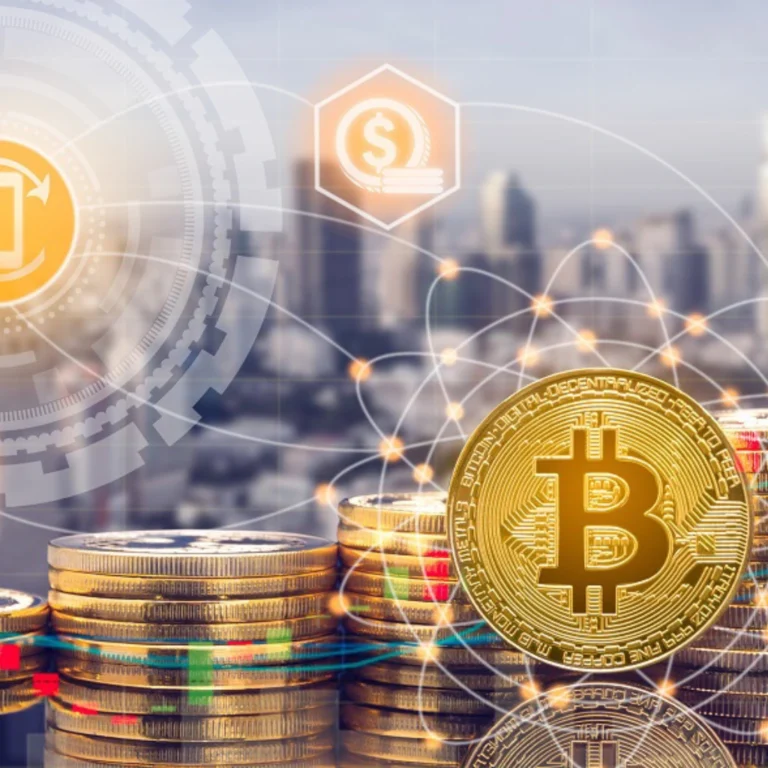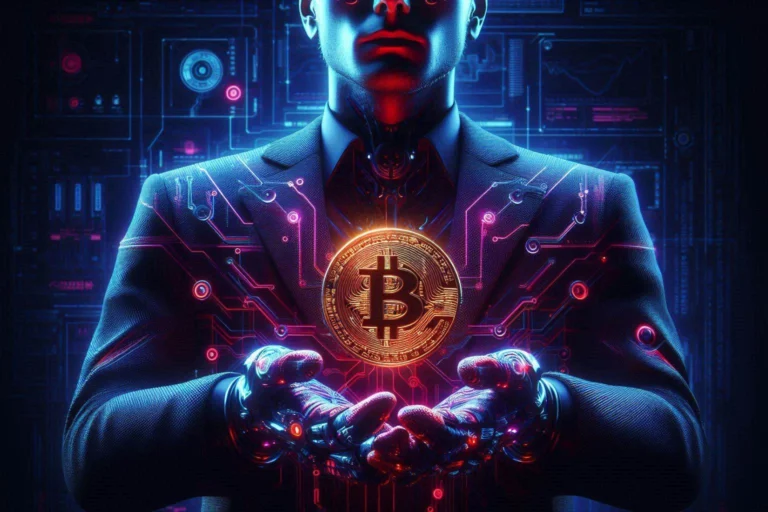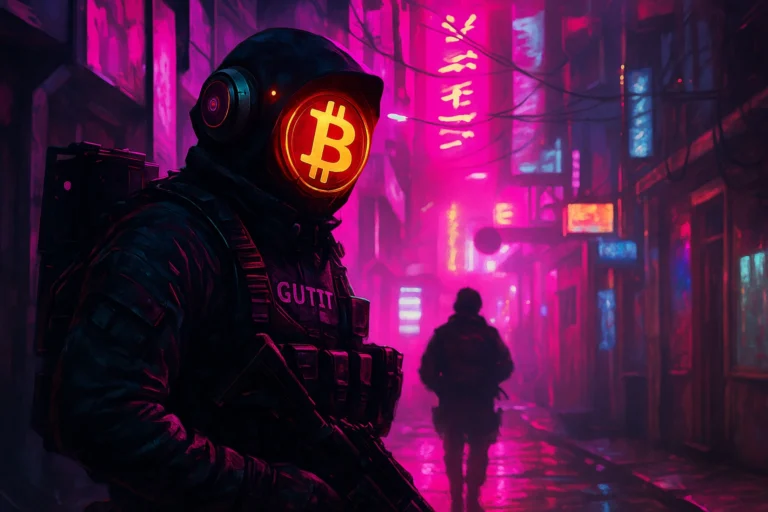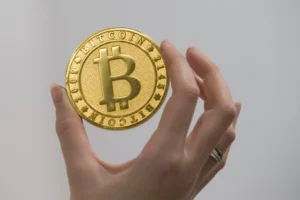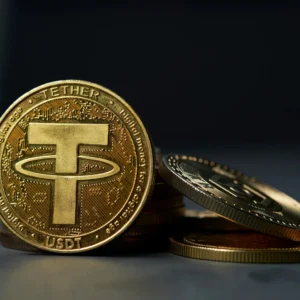You’ve probably heard the phrase Web3 explained tossed around lately, especially if you’re tuned into Vietnam’s tech scene. But what’s it really all about? Is the decentralized web here to take over? Or is it just another tech phase that comes and goes?
Let’s be honest — it can feel like a lot. That’s why we’re answering 7 key questions people in Vietnam are actually asking.
1. So, What Is Web3 — In Plain Terms?
Great place to start.
Web2 is what most of us use every day — social apps, e-commerce, search engines. But those platforms are controlled by big companies. They own the data. They set the rules.
Web3 explained? It’s the idea of flipping that system. The decentralized web puts users more in control, using blockchain tech to make things more open, sometimes more secure — though not always more simple.
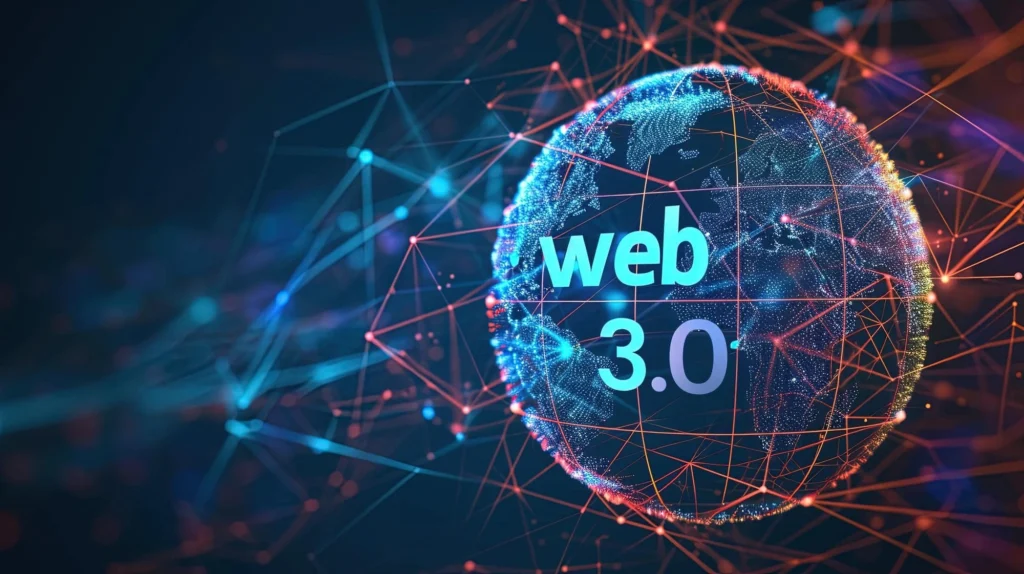
2. Why Is Vietnam So Quick to Dive Into Web3?
Honestly, Vietnam seems kind of perfect for it. Fast-growing tech adoption, a young population, and a comfort with mobile-first life — these things all set the stage.
Some say Vietnam’s Web3 curiosity really exploded after the success of Axie Infinity — a game built here that made global headlines. Others think it’s about looking for new opportunities beyond Web2’s limits.
Either way, Vietnam’s Web3 space isn’t just following trends — it’s shaping them.
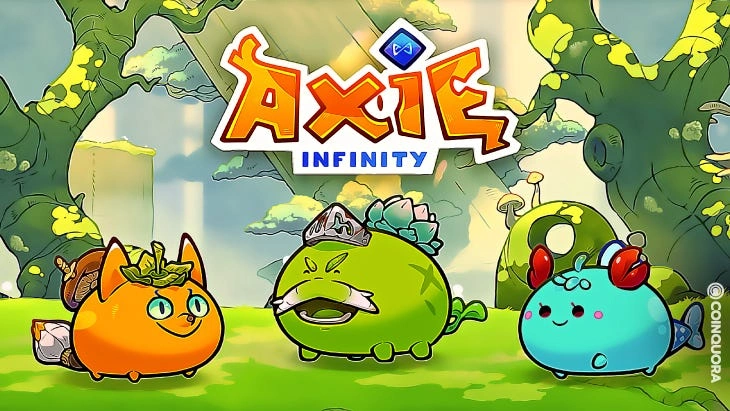
3. Can We Trust the Decentralized Web?
Well… depends who you ask.
The decentralized web promises freedom — but there’s not always someone watching over things. Without central control, scams can sneak in, and security is still a work-in-progress.
In Vietnam, some people are fully onboard, but a lot are still cautious — waiting for things to get a little safer, a little clearer. Honestly, that’s fair. Jumping in blind? Probably not a great idea.

4. What Does Web3 Mean for Vietnamese Users Day-to-Day?
For many, maybe not much yet.
You’ll still scroll Facebook, still order food on Grab. But slowly, you might see apps where you control your own data, or games where you truly own the digital items you earn.
Web3 explained? It’s not about switching overnight — it’s about having new options, even if most people don’t realize it yet.

5. What Kinds of Web3 Projects Are Growing in Vietnam?
Vietnam’s making noise here — and not quietly.
From crypto payment tools to NFT games to decentralized finance (DeFi) platforms, local teams are building fast. Some say Vietnam could be Southeast Asia’s Web3 leader soon.
But hey, let’s be honest — there’s always the chance the hype cools down. Web3 moves quickly, but so does the tech spotlight.
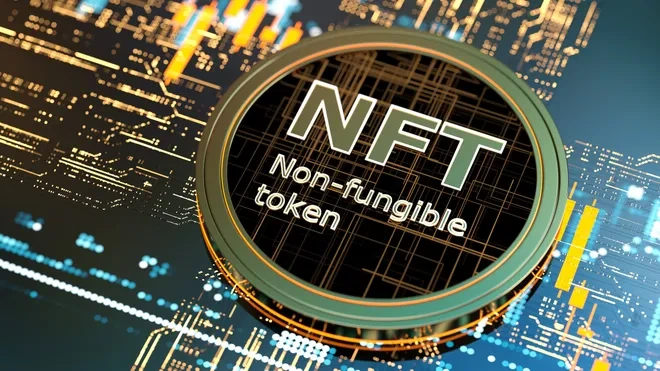
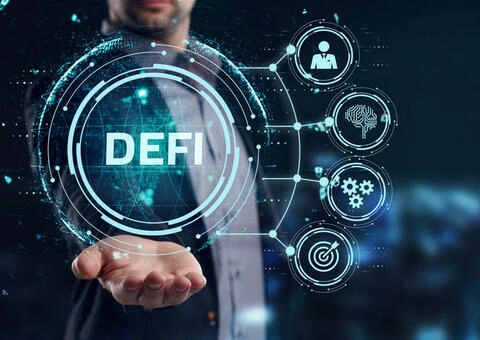
6. Will Web3 Push Web2 Out of the Picture?
Probably not anytime soon.
People love their Web2 platforms. They’re easy, familiar, and most of them work just fine. But the decentralized web is pushing in, slowly building a new layer where control feels a bit more balanced.
It’s not a battle — it’s more like a remix. Web2 will stick around. Web3 will grow. Vietnam’s digital world will probably have both.
7. What’s Truly Ahead for Vietnam’s Digital Landscape?
Honestly? Still pretty wide open.
Some say Vietnam could become a serious Web3 hotspot. Others think government regulations, shaky trust, or complicated tech might slow things down. And maybe it’s somewhere in between.
One thing’s clear: Web3 explained isn’t going away in Vietnam. The decentralized web is part of the conversation now — and whether you’re deep in or still on the fence, it’s worth watching closely.


